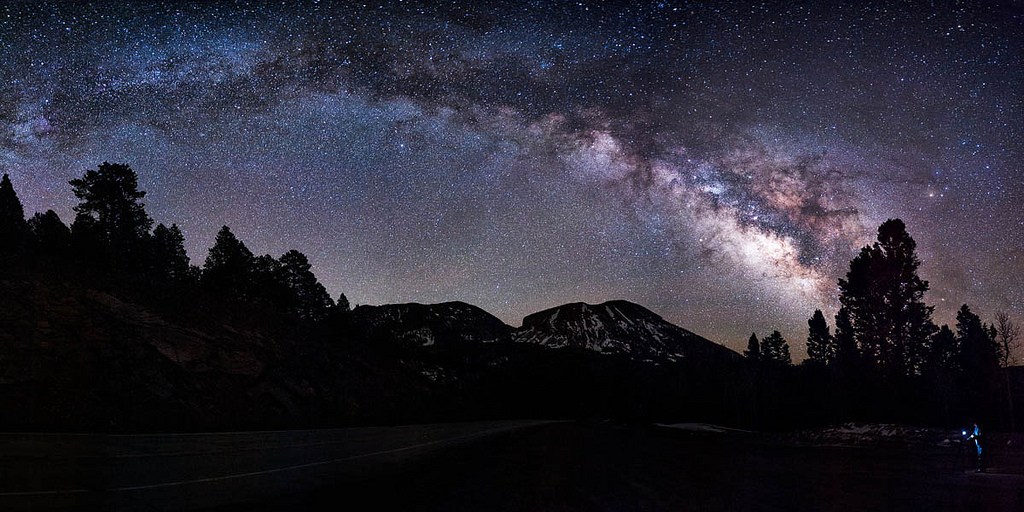
This post originally ran on November 11, 2014.
It’s 6 am on an early November morning, and I am tiptoeing up a juniper hillside with a rifle slung over my shoulder. I’m following Adam, my friend and guide, when suddenly he stops. “Listen.”
It’s still completely dark, except for the sea of stars above us, which I gaze up at as I stop and listen to the elk, my mind focused on pinpointing its whereabouts. He’s just west of us, and now we’re sneaking through the darkness toward his call.
If you’re a regular LWON reader, you already know how this story ends, and you also know how my three outings earlier this month fanned my passion for elk hunting. As I tried to explain my new obsession to a friend, I realized that one of the most enjoyable parts of elk hunting was the time I spent outdoors in the dark.
Something magic happens in the woods when the sun goes down. Without sight as a guide, the other senses become more vivid, in the way that I imagine a blind person must become more attuned to sound or touch. The sounds of a forest contain so much information, but these signals can become drowned out among the textures of sight. Tracking elk without vision for reference, I became hyper-aware of the auditory cues all around me. As I focused on locating elk calls, I also noticed an owl hooting in a nearby tree and the sound of a racoon, scurrying through the brush.
I’d never really thought about it before, but some of my fondest memories in the outdoors have happened in the dark. Continue reading
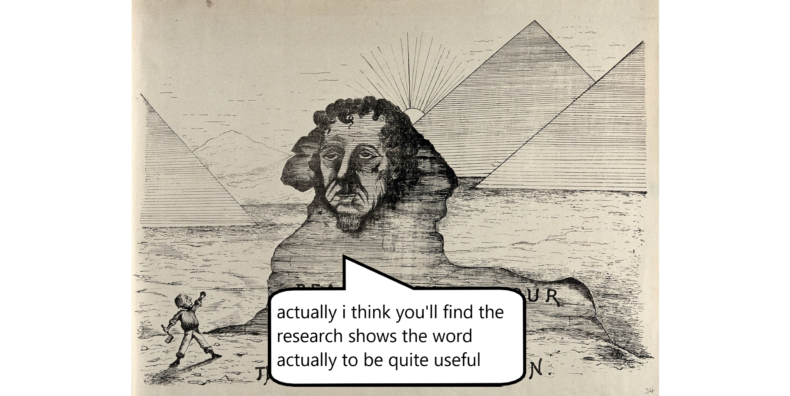 If you’re familiar with the internet, you know there’s a problem with the word “actually”. After initially gaining recognition in 2012 as “
If you’re familiar with the internet, you know there’s a problem with the word “actually”. After initially gaining recognition in 2012 as “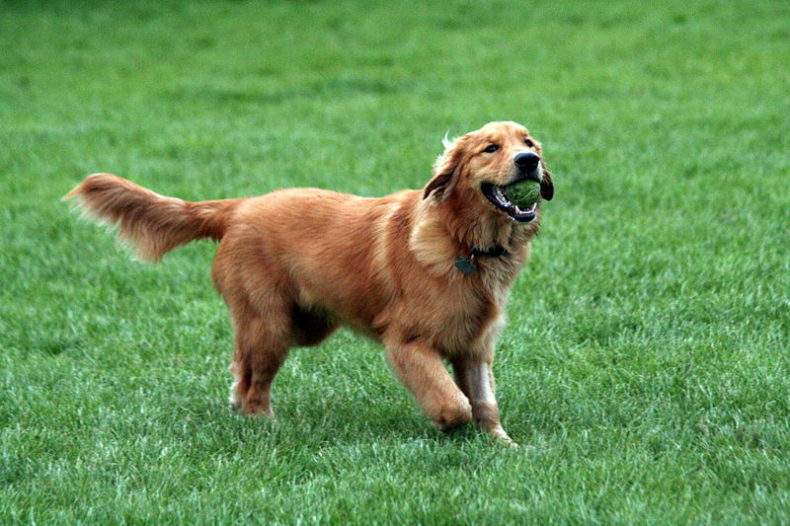
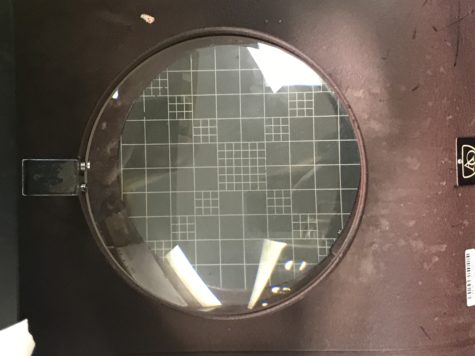
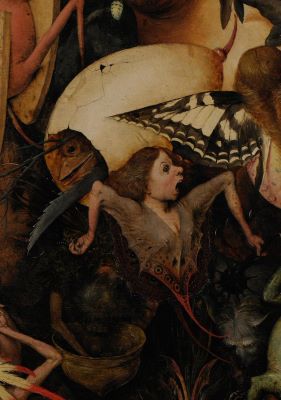
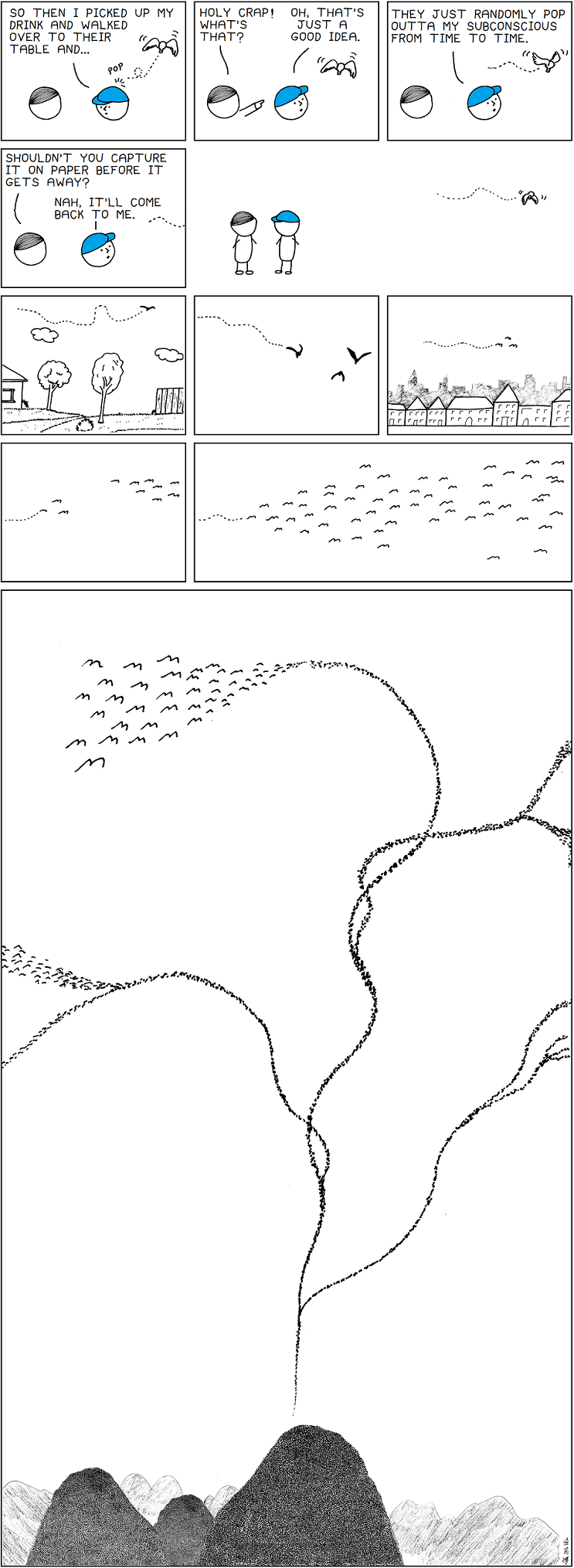
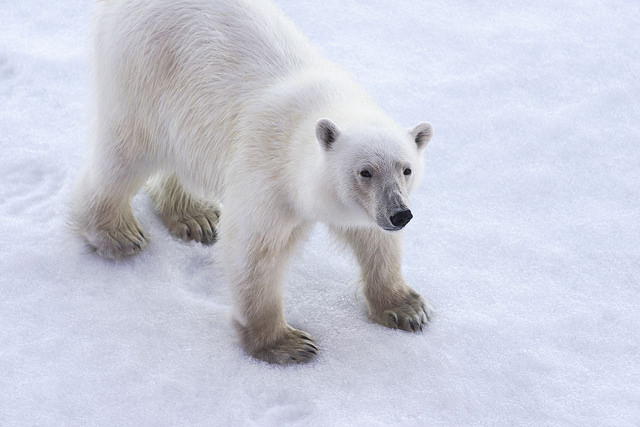 This post originally appeared Dec. 17, 2017
This post originally appeared Dec. 17, 2017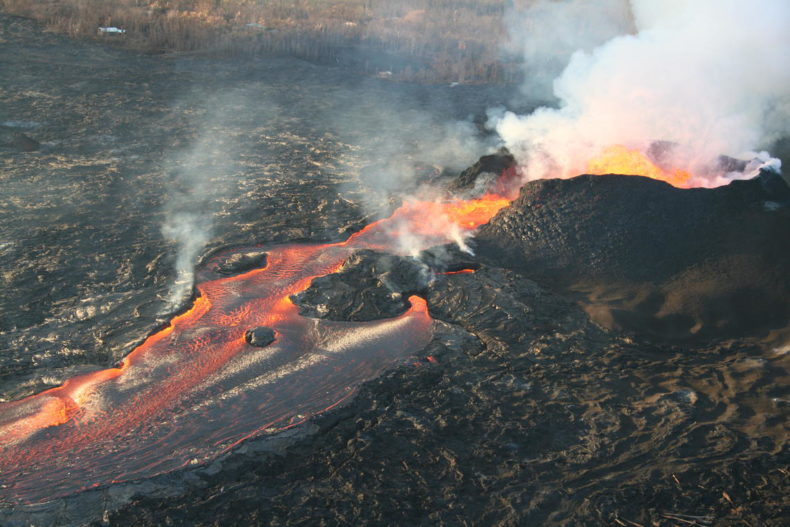 This is a picture of a rift in our world. It was taken June 21 at Hawaii’s Kilauea volcano, in a rip called Fissure 8. What a remarkably utilitarian name for a tear in the planet.
This is a picture of a rift in our world. It was taken June 21 at Hawaii’s Kilauea volcano, in a rip called Fissure 8. What a remarkably utilitarian name for a tear in the planet.